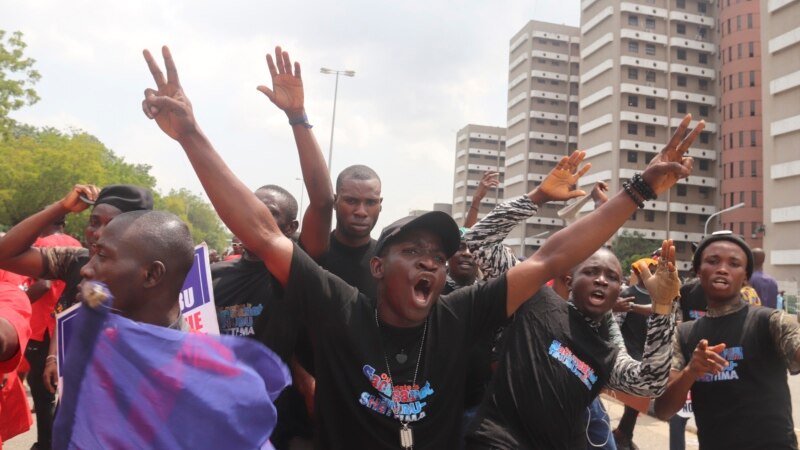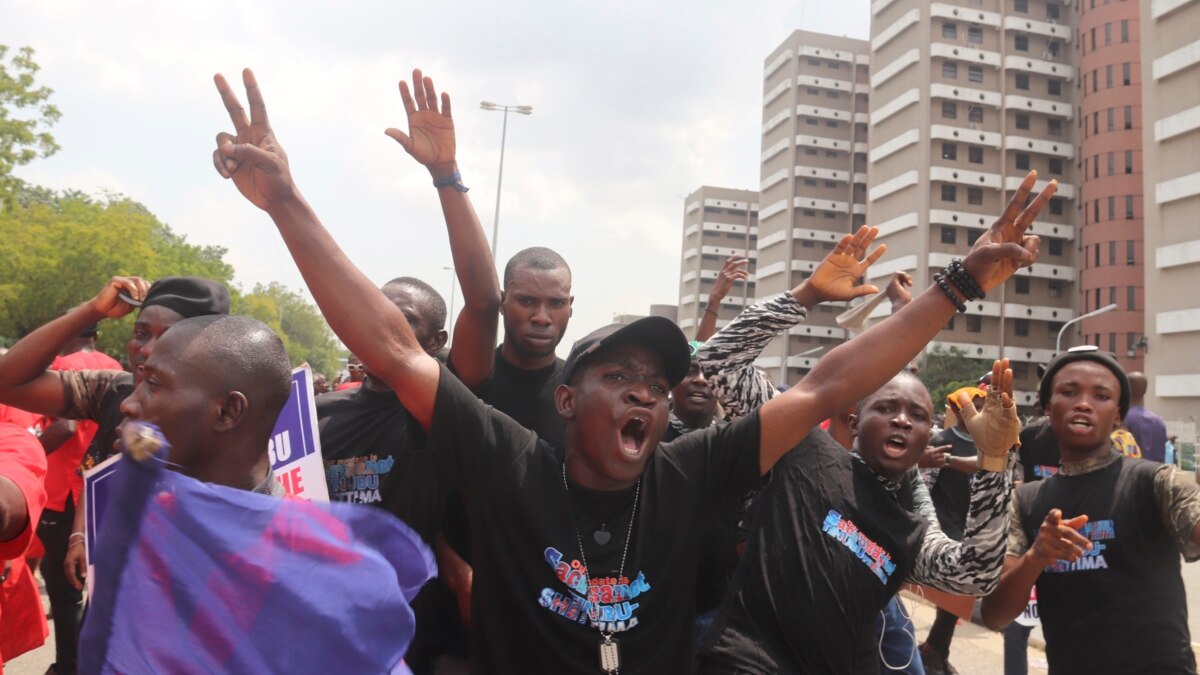This website uses cookies so that we can provide you with the best user experience possible. Cookie information is stored in your browser and performs functions such as recognising you when you return to our website and helping our team to understand which sections of the website you find most interesting and useful.


Nigeria’s Supreme Court confirmed President Bola Tinubu as the winner of February’s presidential election, dismissing challenges brought by his political opposition, who cited flaws in the voting system and said Tinubu lacked qualifications.
The court said Thursday that the challenges were "devoid of merits." The ruling follows a decision in which two other candidates saw their petitions rejected by an appeals court last month, clearing the way for Tinubu’s presidency.
The candidates who appealed the election results, Atiku Abubakar of the Peoples Democratic Party, or PDP, and Peter Obi of the Labour Party, stated that the electoral commission failed to electronically transmit results from polling stations to an online portal. Abubakar and Obi came in second and third, respectively, in the February vote.
They also argued that Tinubu had won less than 25% of the vote in the federal capital, Abuja, short of the legal threshold to become president.
Abubakar's lawyers tried to submit evidence that Tinubu had forged academic credentials from an American university, but the court denied this, stating that it was not reflected in the original petition within the time frame provided by the Nigerian Constitution.
"Facts and documents which were not pleaded in the petition have no place in deciding the dispute between the parties," Justice Inyang Okoro said.
The court's ruling follows a trend in which several other Nigerian elections have been challenged for alleged ballot-tampering and fraud, but none have been overturned.
Some information in this report came from The Associated Press and Reuters.



 Africana55 Radio
Africana55 Radio 
